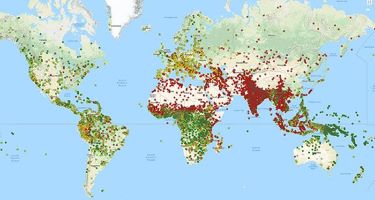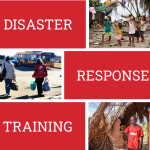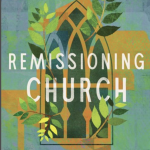When you read Matthew 28:19-20 (typically known as “the Great Commission” — but, according to Barna, not as often as we would like), what does “panta ta ethne” mean to you? Throughout all recent generations (for example, to William Carey’s), certain pioneers and apostolic figures have reminded us of the importance and priority of reaching the unreached. (For example, see Jesus in Luke 15:3-7.) Recently (at least once every decade), someone calls into question how serious Jesus really was when he told the parable of the lost sheep. For example, see…
www.thegospelcoalition.org/article/misleading-words-missions-strategy-unreached-people-groups/
Recently, our good friend, David P. Jacob, took up the baton to write a response to the gospel coalition piece. Who is David Jacob? Since 2008, he has been an Assemblies of God missionary to a sensitive country in Northern Asia. He currently serves as the missionary in residence and chair of the intercultural studies department at Trinity Bible College and Graduate School in Ellendale, ND. He is also the director of The Center for Missionary Mobilization and Retention, a resource center that provides tools and trainings for pastors, missionaries, and missions mobilizers who want to send and sustain the next generation of missionaries. David has a Master of Arts degree in Missional Leadership and is currently a PhD candidate in intercultural studies. We’re grateful for his thoughtful response. Read it in its entirety here:
brigada.org/wp-content/uploads/2019/11/Ethne_meaning_People_groups_vs_all_Gentiles.pdf
Thanks David! Awesome.
Do you agree or disagree with David’s piece? Please share your take following the web version of this item. Thanks in advance for your thoughts!













am going to read the link in this item. This is probably the most significant item in this current issue of Brigada Today
I have begun to read the article we find in this link. Am a bit perplexed when I read the part relating to James son of Zebedee. Wasn’t he murdered soon after Pentecost?
To answer all the implications of the triggering article seems a huge task, but to answer the Brigada leading question I first turn to Revelation 5:9 ”… for thou wast slain, and hast redeemed us to God by thy blood out of every kindred, and tongue, and people, and nation;…” The way the scripture associates tribe, tongue, and people with nations (ethne) fits very profoundly with the “panta ta ethne” as presented by Ralph Winter in 1974 and many others since.
This reply is spot on!
I think the apostles scattered everywhere and made disciples because they believed Jesus commanded them to make disciple of all nations. Emphasis being the all. Just because they went everywhere doesn’t necessarily mean that they understood panta ta ethne to mean a people group the way Winter described it at Lausanne. My two cents